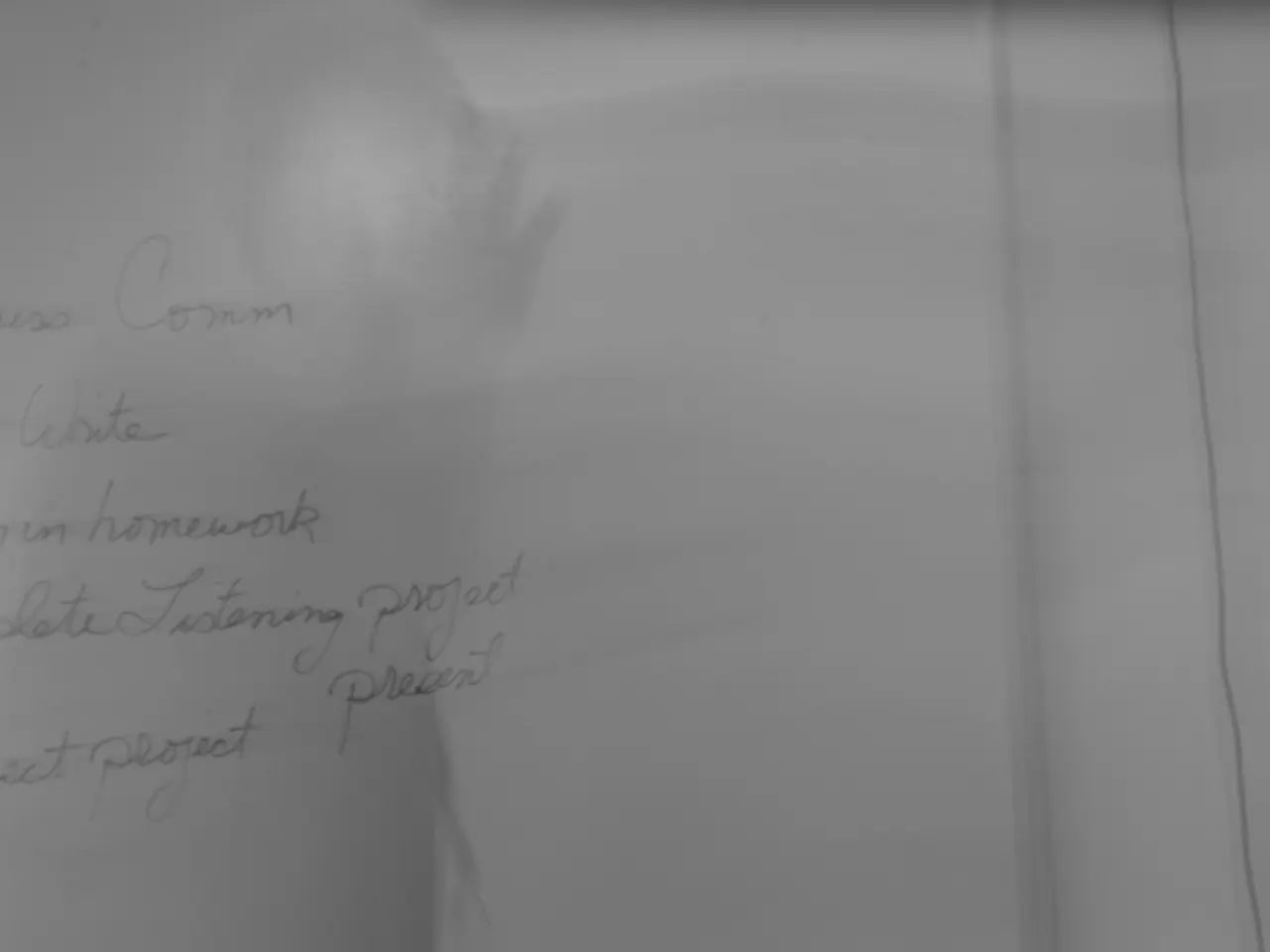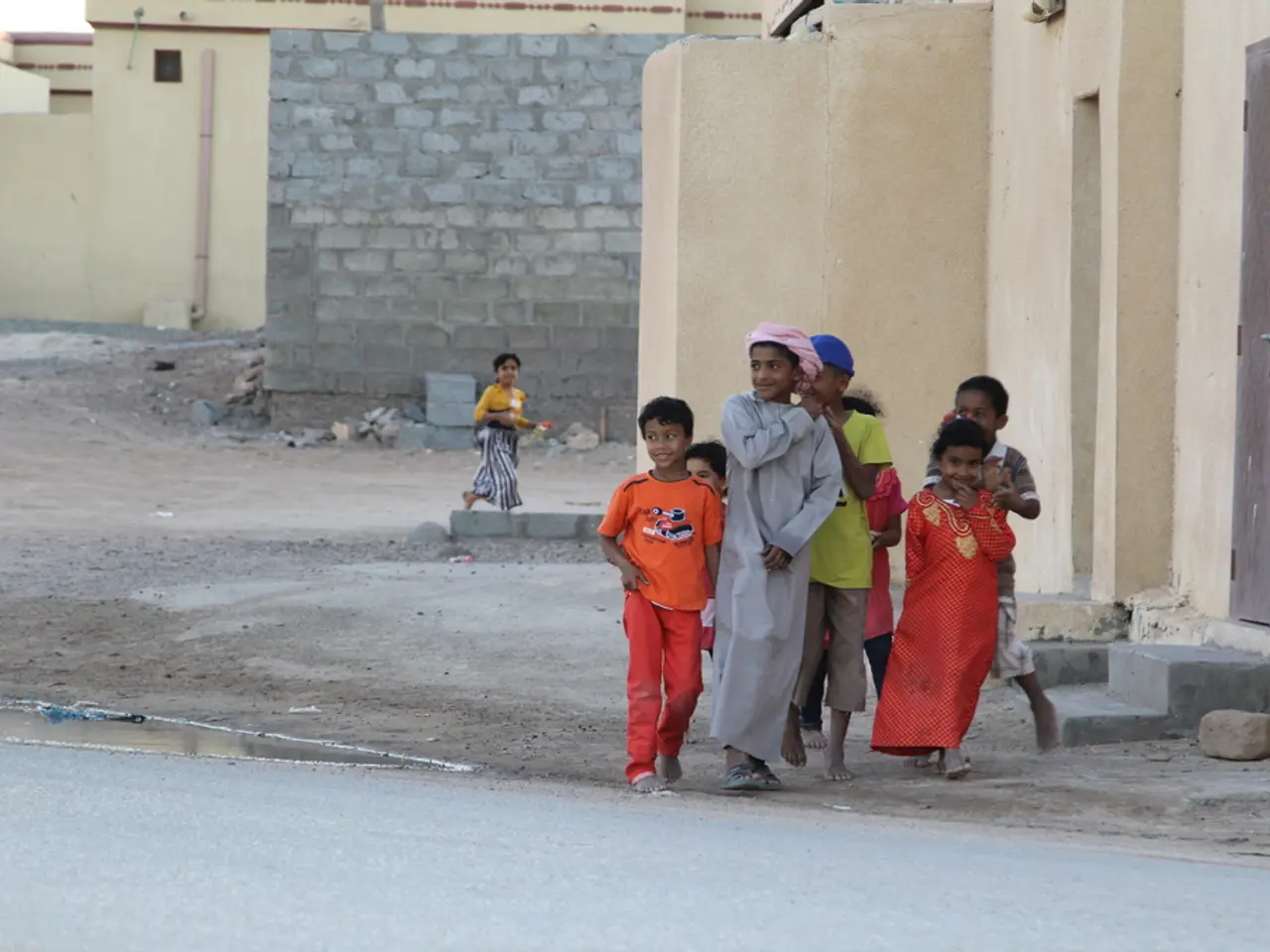Poland to Impose Border Checks with Germany and Lithuania Due to Immigration Worries
In a significant move to address the rising issue of illegal migration, Poland has reinstated temporary border controls with Germany and Lithuania, effective from July 7, 2025. This decision, primarily driven by the significant increase in migration flows across these borders, aims to reduce uncontrolled migration and respond to actions by Germany that have pushed migrants back into Poland, complicating border security management.
The Polish government, led by Prime Minister Donald Tusk, views these controls as a necessary step to reinforce national security and protect citizens by curbing irregular migration flows. This decision comes amidst growing criticism of Germany's pushback of migrants onto Polish territory, creating border management challenges for Poland.
The rationale behind this move also includes a response to broader regional pressures, including the migration crisis following the war in Ukraine and increased asylum seekers in Central Europe. As Poland, Germany, and Lithuania are part of the Schengen Area—which normally allows passport-free free movement—such border controls can only be reinstated under exceptional circumstances like security threats or emergencies.
The implications of this decision are far-reaching. It challenges the Schengen Area’s principle of free movement, raising concerns about the stability and future of the agreement. Potential negative impacts on border communities, tourism, and trade due to renewed checks, which can slow cross-border exchange and cooperation, are also a concern. Heightened political debates within Poland between liberal and conservative factions on immigration policy and national security are another consequence.
Germany, too, has maintained border controls with Poland and neighbouring countries since 2023 as part of its efforts to manage illegal immigration. German Chancellor Friedrich Merz supports such measures to prevent abuse of the Schengen zone by criminal networks smuggling migrants. There is ongoing cooperation between Germany and Poland to curb illegal migration in both directions, suggesting a coordinated approach despite the tension.
Other Schengen countries like Austria and the Czech Republic have also adopted temporary border controls in the past, citing similar security concerns, indicating a wider trend of conditional reintroduction of internal borders in response to migration and security challenges.
In Lithuania, border controls will be implemented at 13 locations, including three border crossings, and 10 border crossing sites will be "ad hoc control sites" for local residents. Lithuania has no plans to reintroduce border controls along its shared border with Poland.
The Polish Government Security Centre (RCB) issued an alert regarding the border controls, and the border controls in Lithuania are part of the measures taken by Poland, Germany, and Lithuania in response to the migrant crisis. The Polish Interior and Administration Minister Tomasz Siemoniak confirmed that border controls with Lithuania will be implemented, in accordance with EU regulations and the Schengen Borders Code.
In summary, Poland’s temporary border controls with Germany and Lithuania are a security-driven response to migration pressures and border management difficulties linked to broader regional challenges. While they strain the Schengen free movement regime, these controls reflect a growing acceptance by some member states that temporary, exceptional border measures might be necessary to maintain order, though they come with economic and political costs.
- The reinstatement of Poland's temporary border controls with Germany and Lithuania, driven by rising issues of illegal migration and complicated border security management, is a political move largely influenced by war-and-conflicts-related migration crises and policy-and-legislation debates on immigration.
- This decision, situated within the broader context of Europe's migration landscape, has far-reaching implications, challenging the principle of free movement within the Schengen Area and sparking debates about general-news topics such as the stability and future of the agreement, as well as potential negative impacts on border communities, tourism, and trade.
- The implementation of this policy coincides with ongoing border controls by Germany and Austria, and the Czech Republic, signifying a trend in conditional reintroduction of internal borders in response to migration and security challenges, as well as crime-and-justice concerns related to the abuse of the Schengen zone by criminal networks.







